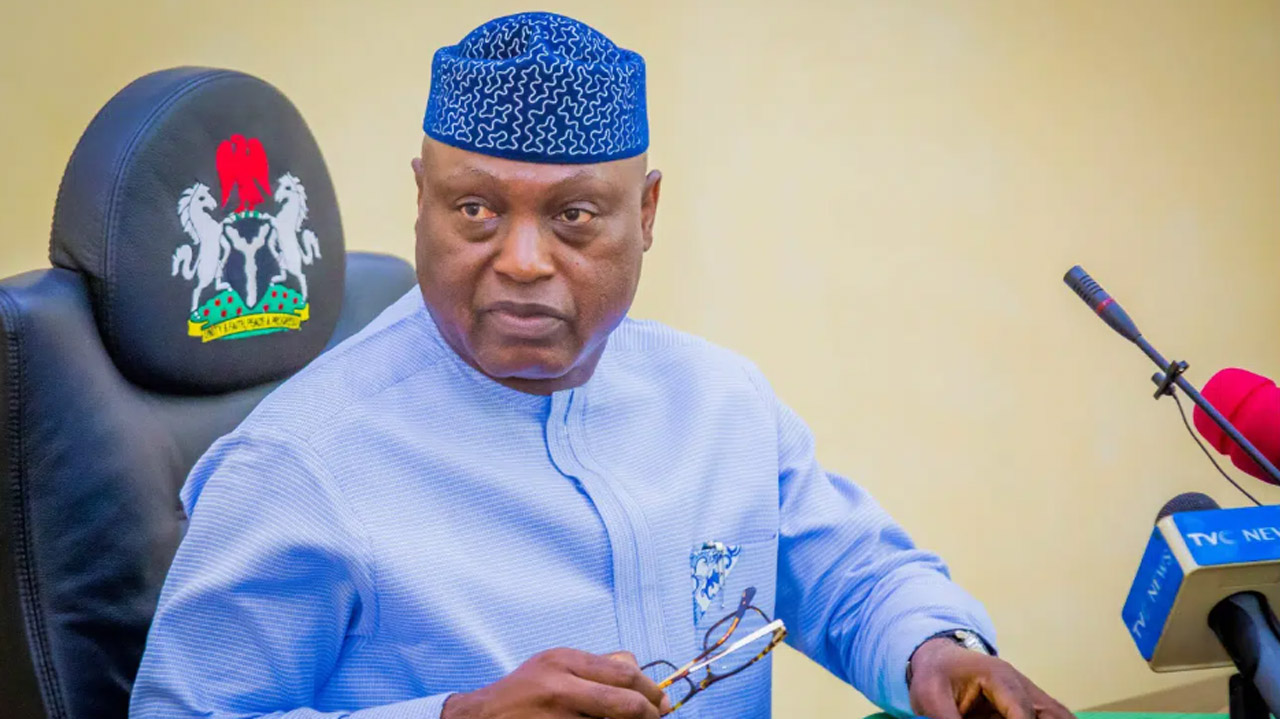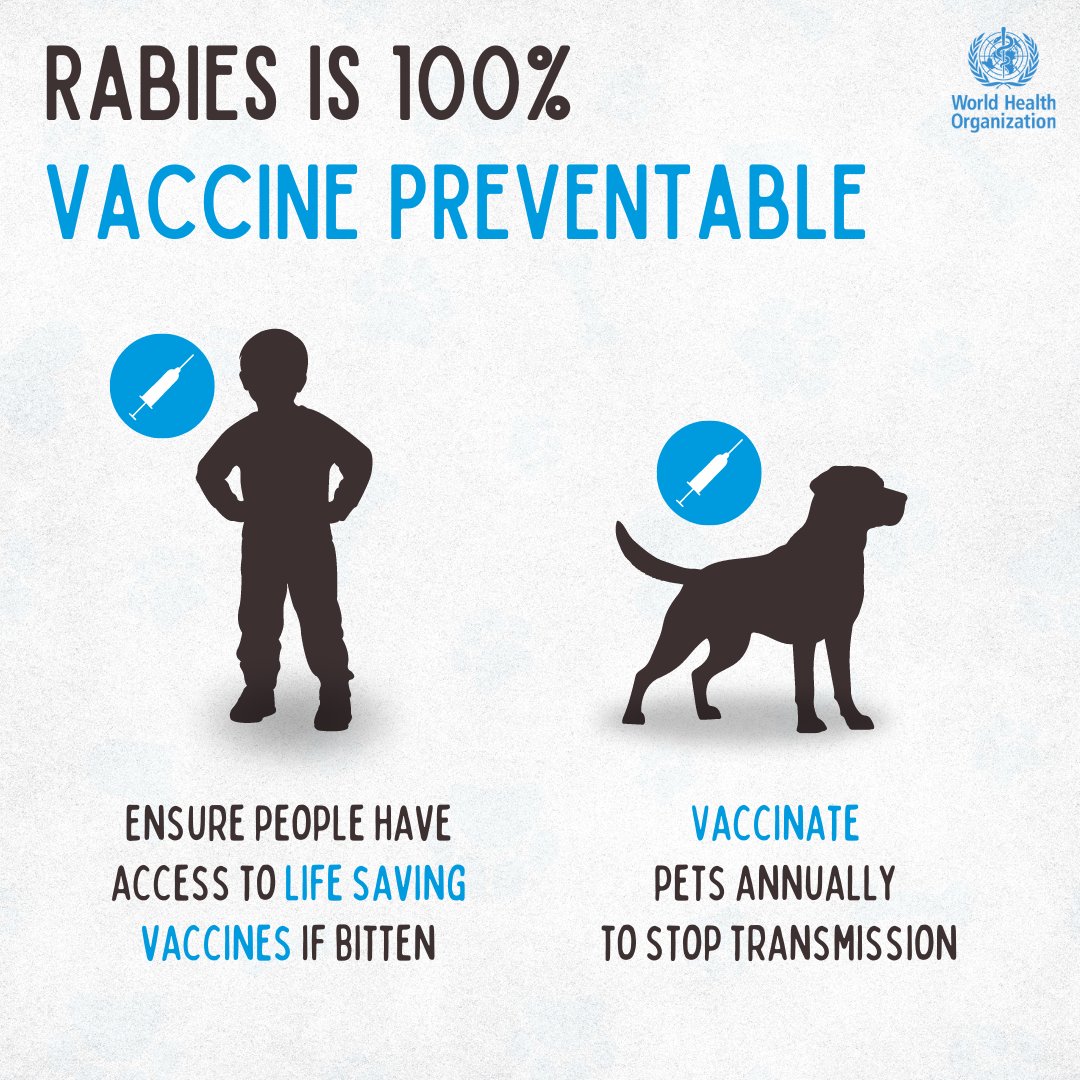
Nigeria’s Population Holds the Key to a Prosperous Future, Says Governor Oyebanji

Nigeria’s population, often described as both a blessing and a burden, has once again taken center stage in the national conversation after the Governor of Ekiti State, Biodun Oyebanji, boldly declared that the country’s large population could become its greatest asset if only the right economic policies were crafted and implemented. Speaking with optimism and conviction, the governor stressed that Nigeria’s future does not lie in shrinking from its population challenges but rather in harnessing its demographic strength as a powerful driver of economic growth and development. His remarks, reported by The Nation Nigeria, highlight a debate that has long existed in policy circles—whether Nigeria’s population explosion is a ticking time bomb or an untapped goldmine waiting to be unlocked.
Governor Oyebanji painted a picture of opportunity, emphasizing that the numbers Nigeria possesses are not in themselves a disadvantage but rather a tool that, when properly managed, can reposition the country as an economic powerhouse not just in Africa but across the globe. He argued that population size has historically been a decisive factor in the rise of great nations, citing countries like China and India, whose massive populations have been successfully turned into productive engines of industrial growth, innovation, and economic dominance. According to him, Nigeria is at a similar crossroads, standing on the precipice of possibility, and the decisions taken today will determine whether the country harnesses its people as a competitive advantage or allows demographic pressure to fuel unemployment, poverty, and instability.
The governor underscored the need for deliberate and bold policies tailored to Nigeria’s unique realities. He noted that the country’s youthful population, estimated at over 200 million with more than 60 percent under the age of 30, represents both a challenge and an opportunity. On the one hand, it creates pressure on infrastructure, education, and healthcare systems, but on the other hand, it presents an enormous labor force and consumer market that could serve as a magnet for global investment if properly nurtured. Oyebanji’s call was for government at all levels to shift focus from seeing population growth as a burden to designing and implementing frameworks that will channel youthful energy into entrepreneurship, technology, agriculture, manufacturing, and other critical sectors of the economy.
Nigeria’s struggles with unemployment, particularly among graduates and young people, remain a critical obstacle to turning population into productivity. The governor pointed out that many nations with smaller populations envy Nigeria’s human capital potential, but the disconnect between policy and practice has stifled growth for decades. He emphasized that policies that prioritize job creation, skills development, and access to credit for young entrepreneurs are essential for Nigeria to transform raw numbers into measurable prosperity. In his view, the key to unlocking Nigeria’s greatness lies not in population control but in population empowerment—training, equipping, and encouraging citizens to become innovators, creators, and builders of wealth rather than dependents on a fragile state.
Governor Oyebanji also highlighted education as a critical pathway to harnessing demographic potential. Without a robust and functional education system, he warned, the youthful population could spiral into frustration, social unrest, and crime. He called for urgent reforms in Nigeria’s educational sector, including investment in technical and vocational training that will prepare young people for the realities of a 21st-century economy. He lamented the mismatch between Nigeria’s outdated curriculum and the evolving demands of the global labor market, stressing that if Nigeria is serious about turning its population into an asset, then education must be at the heart of every policy conversation.
In addition to education, the governor noted that health care remains a vital component of human capital development. A large population that is unwell, malnourished, or poorly cared for cannot drive sustainable economic growth. He advocated for policies that will improve access to healthcare, especially maternal and child health, while also expanding health insurance coverage to reduce the burden of out-of-pocket payments that currently impoverish millions of Nigerian families. For him, a healthy population is the foundation upon which all other economic aspirations must rest.
Infrastructure development, Oyebanji continued, is another non-negotiable priority. Nigeria’s rapid urbanization has exposed deep gaps in housing, transportation, electricity, and water supply, which if left unaddressed, could turn its demographic advantage into chaos. He called for massive investments in infrastructure, both by government and through private sector partnerships, as the only sustainable way to absorb population growth and make cities liveable, productive, and globally competitive. He further stressed that decentralization of opportunities to rural areas through agricultural reforms and rural development policies would help reduce the unsustainable pressures on urban centers.
The governor’s remarks also touched on governance and accountability, noting that Nigeria’s population will only be an asset if leaders demonstrate the political will to deliver real change. He warned that bad governance, corruption, and poor planning would turn population into a liability, breeding frustration, poverty, and insecurity. In contrast, effective leadership, transparent policies, and long-term planning will position Nigeria as the “giant of Africa” not only in name but in economic strength and global influence.
Observers note that Oyebanji’s comments resonate strongly at a time when Nigeria grapples with widespread economic challenges, including inflation, youth unemployment, rising cost of living, and declining investor confidence. His insistence on seeing the bigger picture offers a different perspective to the national discourse, one that suggests that Nigeria’s problems are not insurmountable if the people are seen as the solution rather than the problem. His vision places Nigerians themselves, not oil or natural resources, at the center of national development, signaling a paradigm shift that could redefine the country’s economic priorities.
While critics may argue that population alone is not enough to guarantee growth, the governor’s argument is rooted in a proven reality: numbers matter when they are productive. From China’s manufacturing boom to India’s technology revolution, countries with large populations have historically had the advantage of scale. Nigeria, with its position as Africa’s most populous country, can replicate these success stories if the right environment is created. That environment, he stressed, is shaped by deliberate economic policies, strong institutions, and an unwavering commitment to harnessing human potential.
Governor Oyebanji’s remarks are a timely reminder that Nigeria’s story is still being written. The nation’s destiny does not have to be defined by poverty or crisis; it can instead be shaped by opportunity, resilience, and the boundless potential of its people. His vision challenges policymakers, stakeholders, and citizens alike to rethink what population means for Nigeria and to take bold steps in turning what many see as a liability into the most valuable resource the country has ever had. As the governor put it, Nigeria’s large population can become its greatest national asset—but only if the right economic policies are put in place, and only if leaders have the corage to act on them.


